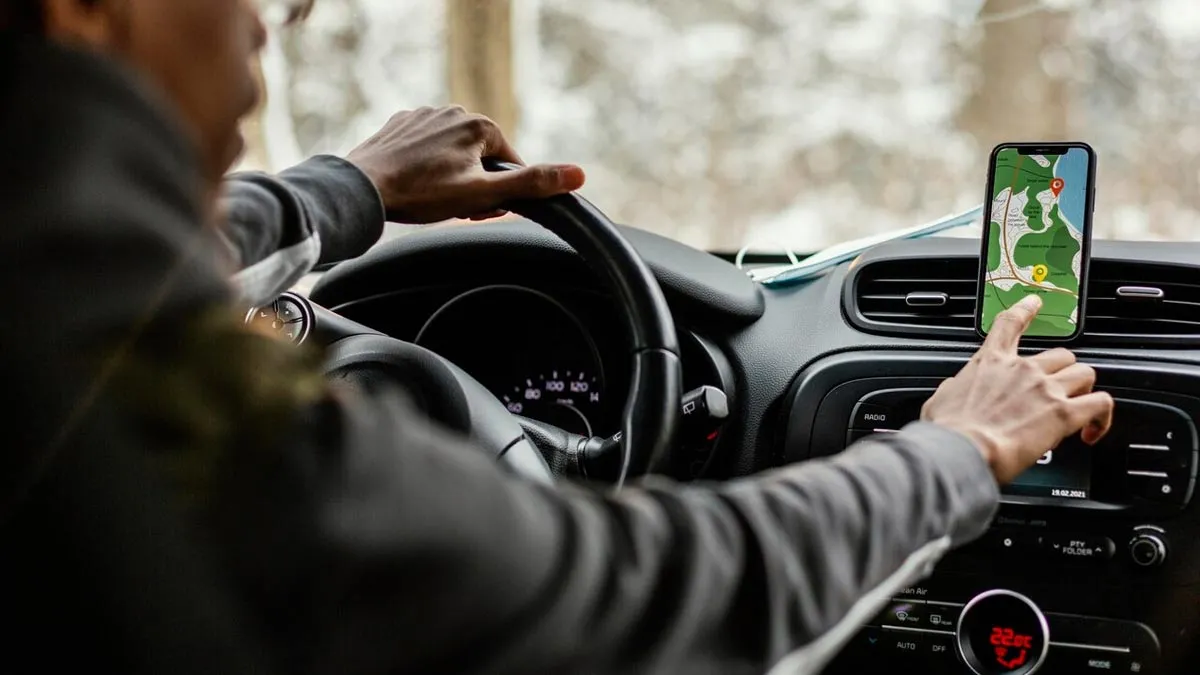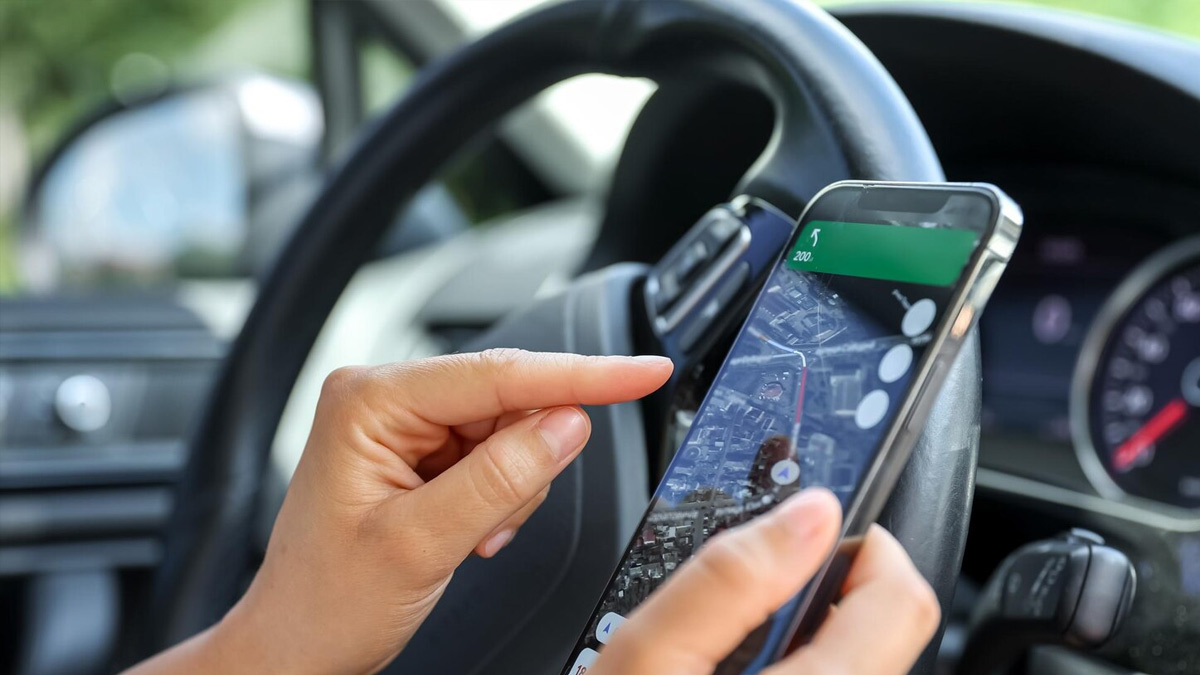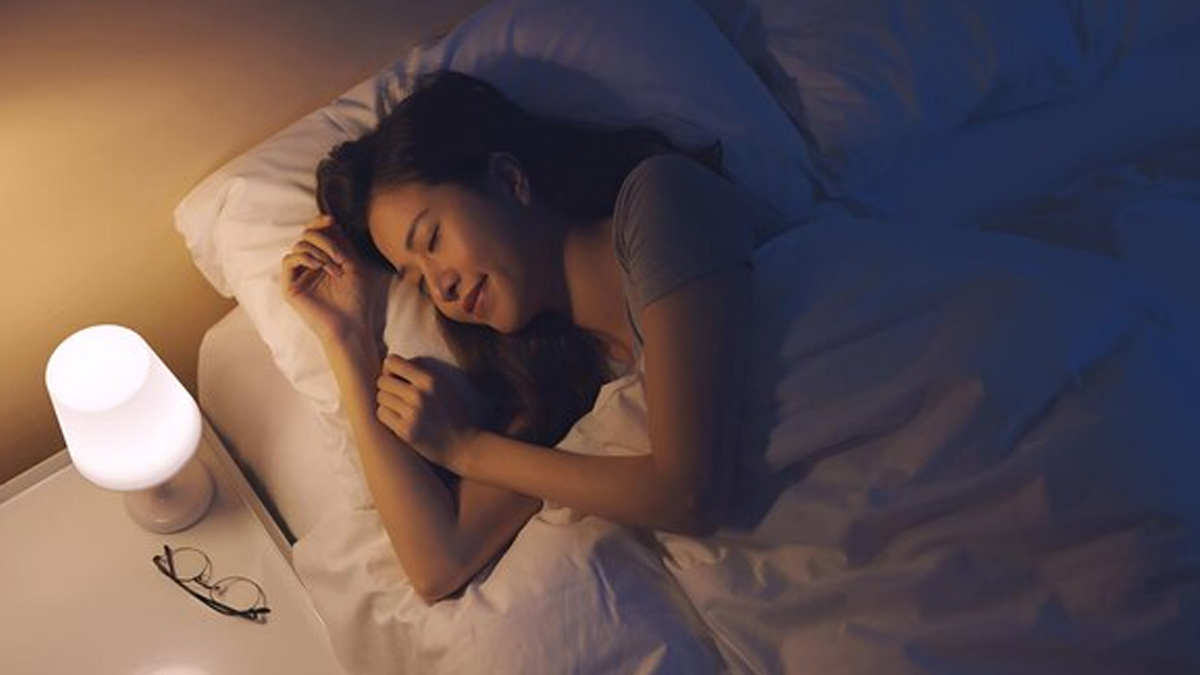
Brain health is so important, mostly because it controls nearly every aspect of our lives, from basic bodily functions to complex cognitive processes. It is our responsibility to keep our minds active along with being physically active. As we all know, with age, our neurological health also tends to deteriorate, increasing our risk of various conditions and diseases like Alzheimer’s, Parkinson’s and more. Dementia, although not a disease itself, is currently the seventh leading cause of death and one of the major causes of disability and dependency among older people globally, according to the World Health Organization (WHO).
Table of Content:-
While time and again experts have highlighted the role of lifestyle in improving brain health and reducing risk of brain diseases, a Mayo Clinic-trained neurologist took to his Instagram recently to list 3 things he would not recommend for brain health – and you would never guess what they are.
Also Read: The Silent Consequences: How Hearing Loss And Social Isolation Affect Memory
Neurologist’s Take: Why You Shouldn’t Use GPS?

Dr Bing, a neurologist trained at Mayo Clinic and the University of Minnesota (as per his Instagram profile), recently shared an informative reel on his Instagram listing three habits people should avoid to improve brain health, and he begins by urging his followers to stop using GPS.
"I don't like to rely on GPS for everything," he says. "GPS makes our lives too convenient these days, but relying too much on GPS can actually weaken your brain's spatial memory."
To prove his point, he cites a study published in the Scientific Reports that looked at how our growing dependence on GPS might be quietly changing the way our brains navigate. Researchers tested 50 regular drivers on different aspects of spatial memory, like building mental maps, remembering landmarks, and finding their way without GPS, and found that people who had used GPS more over their lifetime performed worse when navigating on their own. In a smaller follow-up group tracked over three years, those who continued using GPS heavily showed a sharper decline in hippocampal-dependent spatial memory, a brain function key to navigation.
View this post on Instagram
‘Don’t Chug Energy Drinks’

Another thing that might affect brain health is the habit of drinking energy drinks to keep your brain stimulated and active.
“Most people know energy drinks have caffeine, but what many don't realise is that they're often loaded with high levels of taurine, artificial stimulants, and sugar. Chronic consumption of these is associated with increased blood pressure, risk of arrhythmias, and heart attacks, all of which are not only bad for your heart but also for the brain as well. So if you need a boost, stick with just one cup of coffee or tea in the morning,” he explains.
Also Read: Reduce Your Risk of Dementia: Expert Shares CDC-Identified Factors to Watch Out For
Avoid Sleeping With Lights On

The neurologist also claims that light exposure during sleep can "mess with your brain's natural sleep cycle." He shares, "I don't sleep with the lights on. Even a small amount of light at night from a TV, nightlight, or even streetlights seeping through the window can mess with your brain's natural sleep cycle."
"Research shows that nighttime light exposure reduces melatonin production, which doesn't just affect sleep; it's also linked to memory issues, weight gain, and even an increased risk of heart disease," he adds, recommending blackout curtains and the use of motion-sensing lights.
Also watch this video
How we keep this article up to date:
We work with experts and keep a close eye on the latest in health and wellness. Whenever there is a new research or helpful information, we update our articles with accurate and useful advice.
Current Version
